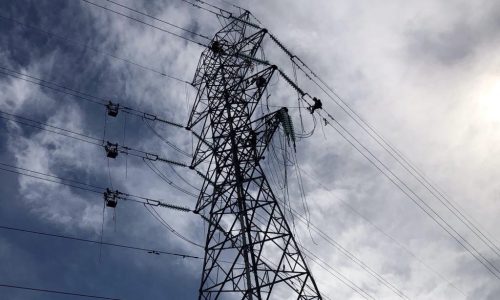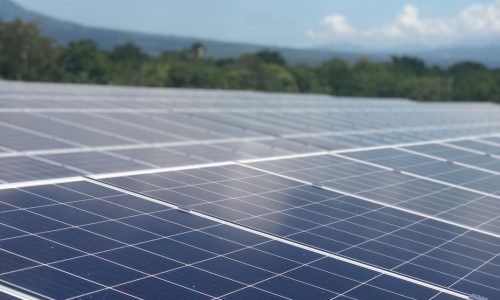Over the past decade, China has played a significant role in Indonesia’s expanding nickel industry. However, with a substantial drop in nickel prices, certain Chinese miners are feeling the impact.
In November alone, nickel prices plummeted by approximately 50% from their year-to-date peak in January, making it the worst-performing metal on the London Metal Exchange for the year.
The primary reason behind this decline is attributed to the significant oversupply of nickel resulting from substantial investments in Indonesia’s refining capacity over the past three to four years.
Indonesia boasts the world’s largest nickel reserves, and the global rise of electric vehicles (EVs) has made nickel a lucrative commodity.
In 2020, Indonesia prohibited the export of unprocessed nickel ore to attract investment and establish a competitive EV and battery supply chain. However, geopolitical tensions influenced by the Russia-Ukraine war have somewhat slowed down the adoption of EVs.
The growth of the EV market has fallen short of expectations due to high-interest rates and inflation affecting purchasing power in North American and European markets.
This has resulted in an oversupply of nickel, with Indonesia experiencing a 50% increase in nickel ore production in 2022. The global nickel market surplus is projected to expand to 239,000 metric tons in 2024, up from 223,000 tons this year.
China, contributing 60-70% of investments in Indonesia’s nickel industry, is predictably affected by the price drop. Analysts suggest that Chinese companies involved in Indonesian nickel mining may encounter financial challenges due to falling prices.
While some investments have been temporarily halted, experts believe these challenges are short-term, and companies may resume investment when nickel prices stabilize.
To address the oversupply, experts propose policy changes in Indonesia, including temporarily suspending new mining rights, prioritizing investments from battery mining companies, and restricting access to reserves for stainless steel companies.
Despite concerns, long-term demand for nickel in the EV market is expected to grow, and leading producers will adjust production accordingly.
Nickel faces competition from lithium ferrophosphate (LFP) batteries, gaining popularity in China as they don’t require nickel. However, experts believe there is room for growth in demand for both types of batteries in the EV market.
While LFP batteries are gaining market share, nickel-based batteries offer higher energy density and remain popular among high-end EV companies in North America and Europe.
Despite geopolitical challenges, improvements in economic situations are expected to enhance consumer purchasing power and continue driving demand for EVs.









